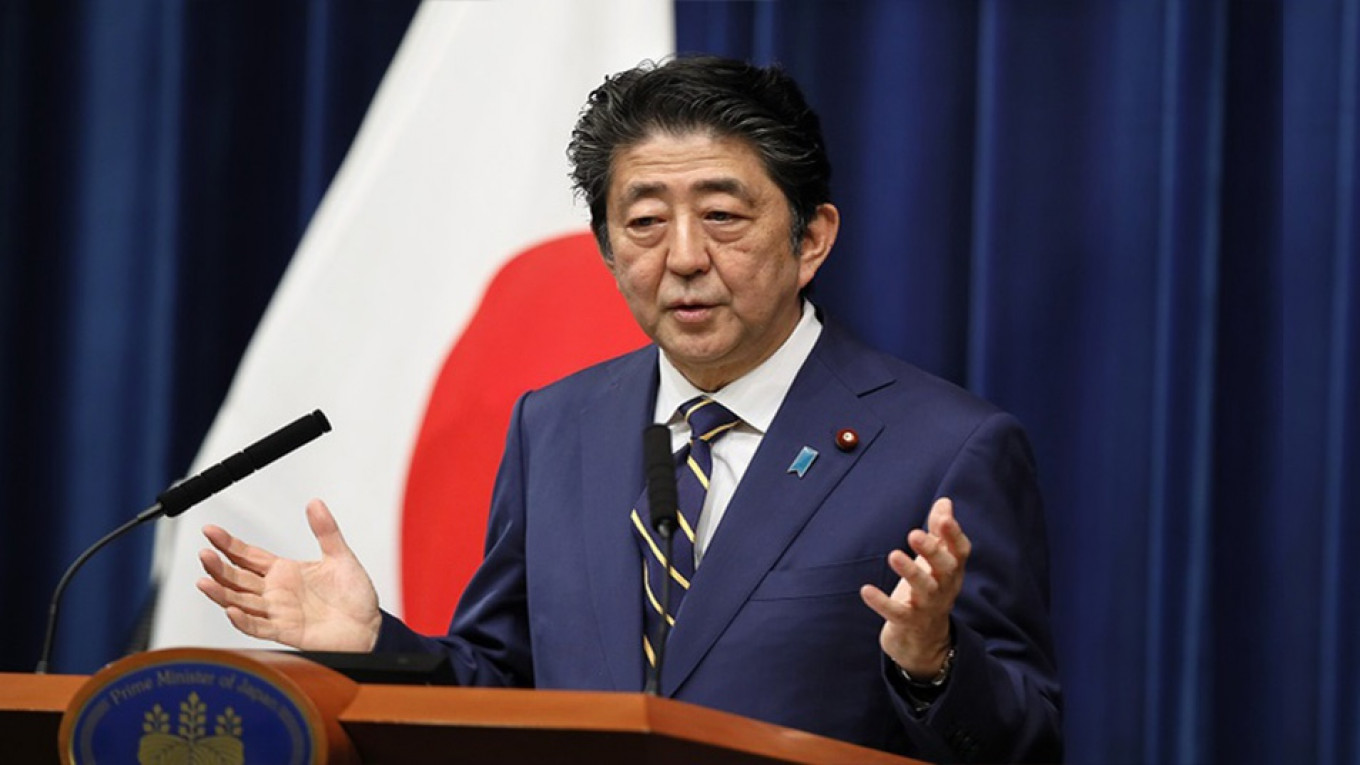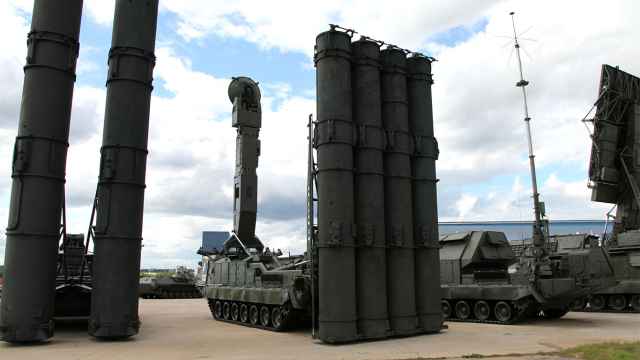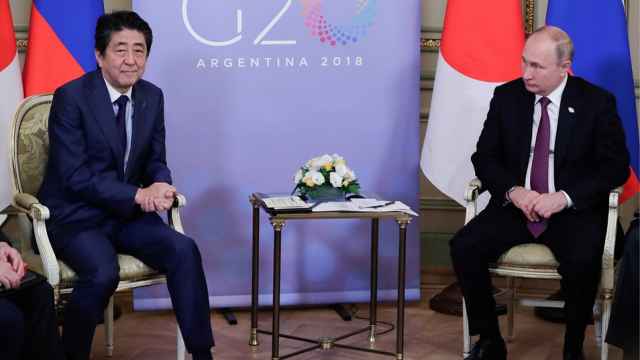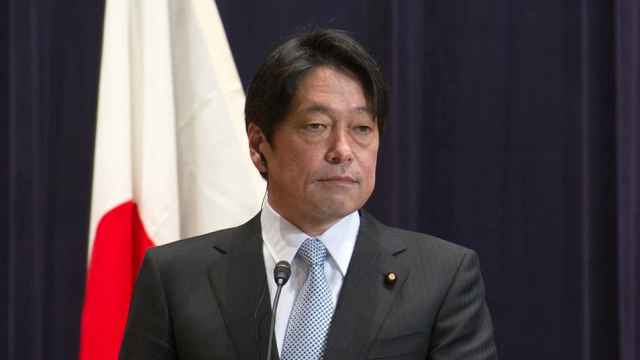Russian lawmakers have assailed Japanese Prime Minister Shinzo Abe’s vow not to displace Russians living in the strategic group of islands that Tokyo seeks to regain from Russia.
A majority of the Russian public is opposed to returning any of the four islands that ensure Russia’s naval access to the Western Pacific, known in Japan as the Northern Territories and in Russia as the Southern Kurils. Moscow has put forward conditions, including a guarantee that Tokyo will not allow U.S. military deployments on any returned islands, before signing a World War Two peace treaty.
On Tuesday, Abe told Japan’s TV Asahi broadcaster that a possible transfer of the islands “should take place with the agreement of Russians living there,” according to a translation by Russia’s state-run TASS news agency.
“The transfer of the so-called Northern Territories to Japan is out of the question,” Senator Frants Klintsevich wrote on Facebook. “This is about the inviolability of Russia’s borders and its security in broad terms.”
State Duma deputy Anton Morozov told the state-run RIA Novosti news agency that “no referendums or polls [on the transfer] will be held on the Kuril Islands.”
Abe turned down Putin’s proposal in September to sign the peace treaty as is, repeating Japan’s stance that the question of sovereignty must be settled first.
In November, Abe said the sides had agreed to speed up negotiations based on a 1956 joint statement in which Moscow agreed to transfer the two smaller islands to Japan after a peace treaty was concluded.
Russia, which has strengthened its military presence on the larger islands, said in December it had built new barracks for troops and planned more facilities for armored vehicles, prompting a protest from Japan.
Hours later, though, ministers from the two countries met in Tokyo to discuss economic cooperation.
The Kremlin had said Abe might visit Russia on Jan. 21 as the two countries step up a push to defuse the territorial dispute that the Japanese prime minister has sought to cement as his diplomatic legacy.
Reuters contributed reporting to this article.
A Message from The Moscow Times:
Dear readers,
We are facing unprecedented challenges. Russia's Prosecutor General's Office has designated The Moscow Times as an "undesirable" organization, criminalizing our work and putting our staff at risk of prosecution. This follows our earlier unjust labeling as a "foreign agent."
These actions are direct attempts to silence independent journalism in Russia. The authorities claim our work "discredits the decisions of the Russian leadership." We see things differently: we strive to provide accurate, unbiased reporting on Russia.
We, the journalists of The Moscow Times, refuse to be silenced. But to continue our work, we need your help.
Your support, no matter how small, makes a world of difference. If you can, please support us monthly starting from just $2. It's quick to set up, and every contribution makes a significant impact.
By supporting The Moscow Times, you're defending open, independent journalism in the face of repression. Thank you for standing with us.
Remind me later.






